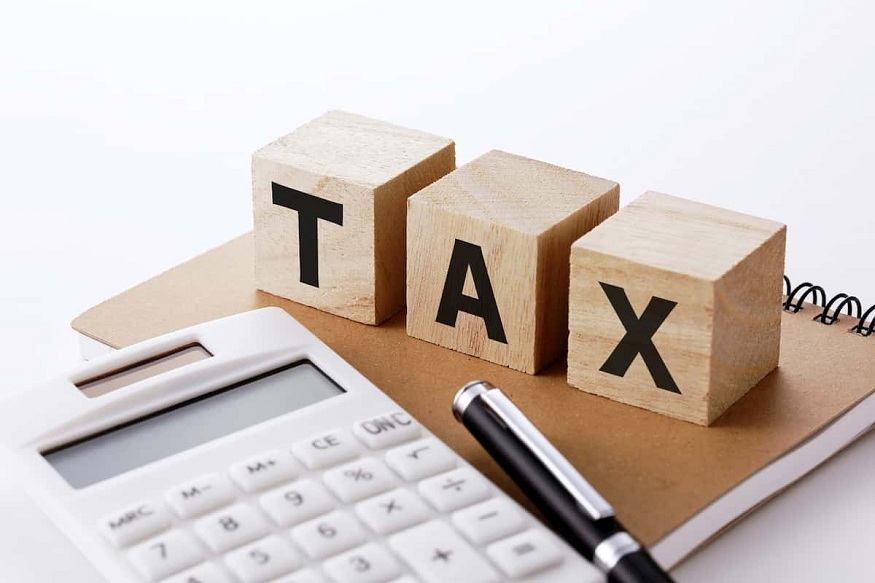Registering an LLC in New York State can be an exciting and rewarding experience. However, it’s essential to understand the tax implications of forming a Limited Liability Company (LLC) in the Empire State. In this article, we’ll cover everything you need to know about New York LLC taxes, from LLC New York formation to ongoing compliance requirements.
Register LLC in New York State
The first step in registering an LLC in New York State is to file Articles of Organization with the New York State Department of State. The filing fee is $200, and the process can be completed online, by mail, or in person.
Once your LLC is registered, you’ll need to obtain an Employer Identification Number (EIN) from the Internal Revenue Service (IRS). This number is used to identify your business for tax purposes and is required for most LLCs.
LLC New York Formation
One of the primary benefits of LLC New York formation is the protection it provides to the members’ personal assets. This means that the LLC’s debts and liabilities are separate from those of the individual members. However, it’s essential to maintain the proper formalities to ensure this protection remains in place.
LLCs in New York are subject to state and federal taxes, but the LLC itself is not taxed as a separate entity. Instead, the LLC’s income is “passed through” to the individual members and reported on their personal tax returns. This is known as “pass-through taxation.”
New York State LLC Taxes
New York State imposes a minimum tax of $25 per year on all LLCs. This tax is due regardless of whether the LLC has any income or conducts any business in the state. However, if the LLC has income from New York sources, it will also be subject to additional taxes.
The primary New York State tax that applies to LLCs is the state’s income tax. LLCs with income from New York sources must file Form IT-204, Partnership Return, with the New York State
Department of Taxation and Finance
LLCs with two or more members are considered partnerships for tax purposes and must file a partnership return. The partnership return reports the LLC’s income, deductions, and credits for the tax year. Each member’s share of the income is reported on their personal tax return.
LLCs with a single member are considered “disregarded entities” for tax purposes, which means that the LLC’s income is treated as the individual owner’s income. The LLC owner must report the income on their personal tax return using Schedule C, Profit or Loss from Business.
In addition to state taxes, LLCs may also be subject to local taxes, such as sales tax or property tax, depending on the nature of their business and where they are located.
New York City LLC Taxes
LLCs that are located or conduct business in New York City are also subject to the city’s taxes. The primary tax that applies to LLCs is the city’s unincorporated business tax (UBT).
The UBT is a tax on the net income of businesses that are not incorporated, including LLCs. The tax rate varies depending on the business’s income, and there is a minimum tax of $250 per year.
LLCs with income from New York City sources must file a separate UBT return with the New York City Department of Finance. The UBT return reports the LLC’s income, deductions, and credits for the tax year. Each member’s share of the income is reported on their personal tax return.
LLCs that are located in New York City may also be subject to other local taxes, such as the commercial rent tax or the hotel room occupancy tax, depending on the nature of their business.
Ongoing Compliance Requirements
Once your New York LLC is formed, you’ll need to comply with certain ongoing requirements to maintain your LLC’s good standing and comply with the state’s tax laws. These requirements include:
- Annual Reports: All LLCs in New York must file an Annual Report with the New York Department of State every year. The report is due by the last day of the LLC’s anniversary month and must be accompanied by a $9 filing fee. Failure to file the report can result in penalties and possible dissolution of the LLC.
- Tax Filings: LLCs must file their tax returns on time to avoid late fees and penalties. The due date for the federal partnership return is March 15th, while the due date for the New York State partnership return is April 15th.
- Sales Tax: LLCs that sell goods or services in New York State must register for a sales tax permit with the New York State Department of Taxation and Finance. The LLC must collect and remit sales tax to the state for taxable sales.
- Employee Taxes: If your LLC has employees, you’ll need to register for a New York State Employer Registration Number (ERN) and withhold and remit payroll taxes, including state and federal income tax, Social Security, and Medicare taxes.
- Licenses and Permits: Depending on your LLC’s business activities, you may need to obtain licenses and permits from the state or local government. Examples include a liquor license, food service permit, or professional license.
Conclusion
Starting an LLC in New York State can be a great way to protect your personal assets and enjoy the benefits of pass-through taxation. However, it’s essential to understand the state and local tax laws that apply to LLCs and comply with the ongoing requirements to maintain your LLC’s good standing.
By registering your LLC in New York State, obtaining an EIN, filing your tax returns on time, and complying with the state’s tax laws, you can help ensure the success of your business and avoid potential legal and financial issues in the future. If you need assistance with starting an LLC in New York State or ongoing compliance with state and local tax laws, Windsor Corporate Services can help.



